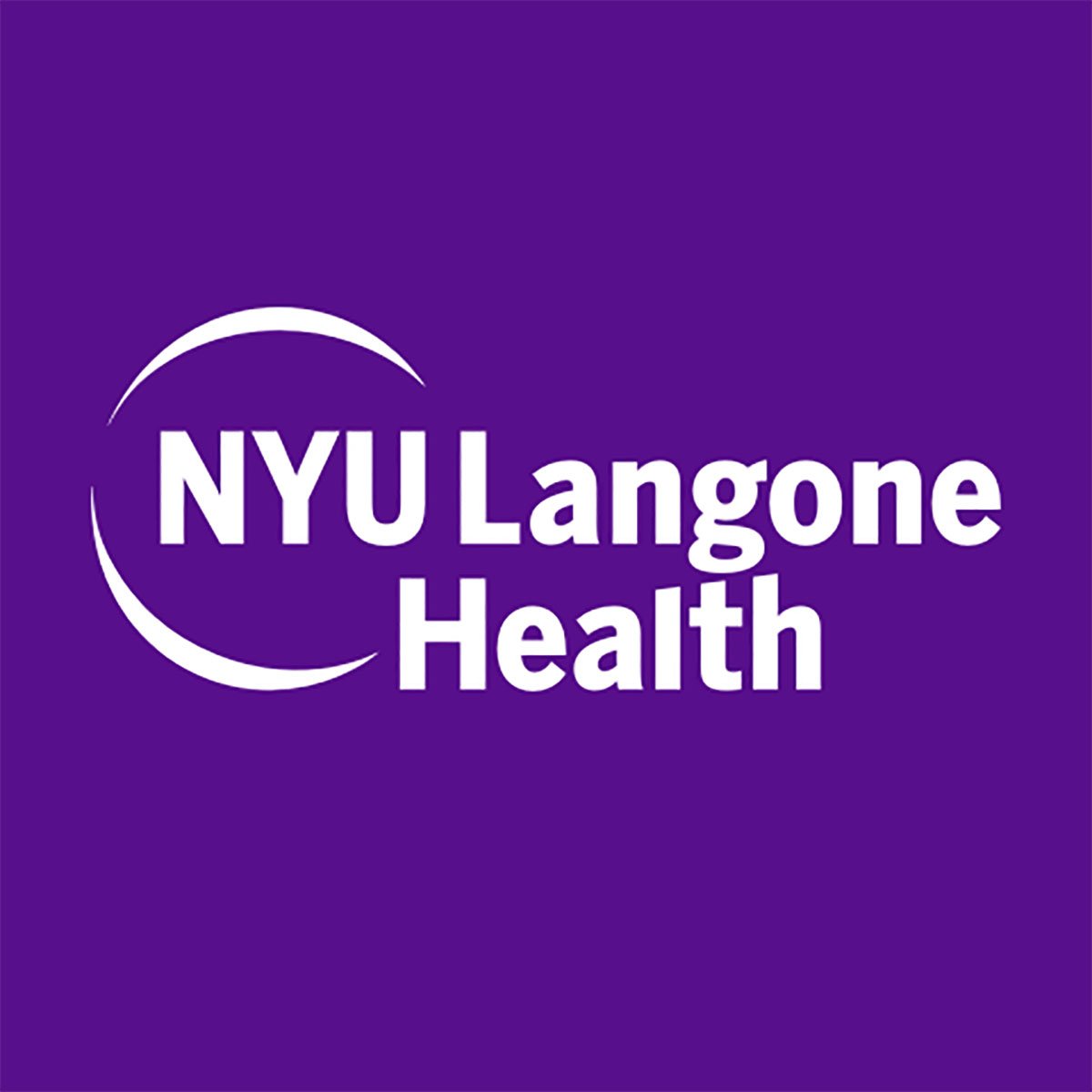- Joined
- Jun 23, 2016
- Messages
- 68
- Reaction score
- 31
- Points
- 4,691
- Pre-Medical
Advertisement - Members don't see this ad
Recently received an II to MCW regional 3 year MD program that trains physicians for FM/ IM. I am happy with this as this is my main interest other than possibly EM, but nonetheless would be fine foregoing that possibility for this program. Was just curious on potential IM fellowship opportunities if I were to go this route, would I be pretty disadvantaged compared to traditional MD students with more research opportunities? I assume things like cardiology/ heme onc would be more challenging?
To clarify, I don’t have intentions currently of a fellowship but just want to be aware of potential implications of this path.
To clarify, I don’t have intentions currently of a fellowship but just want to be aware of potential implications of this path.
Last edited:





